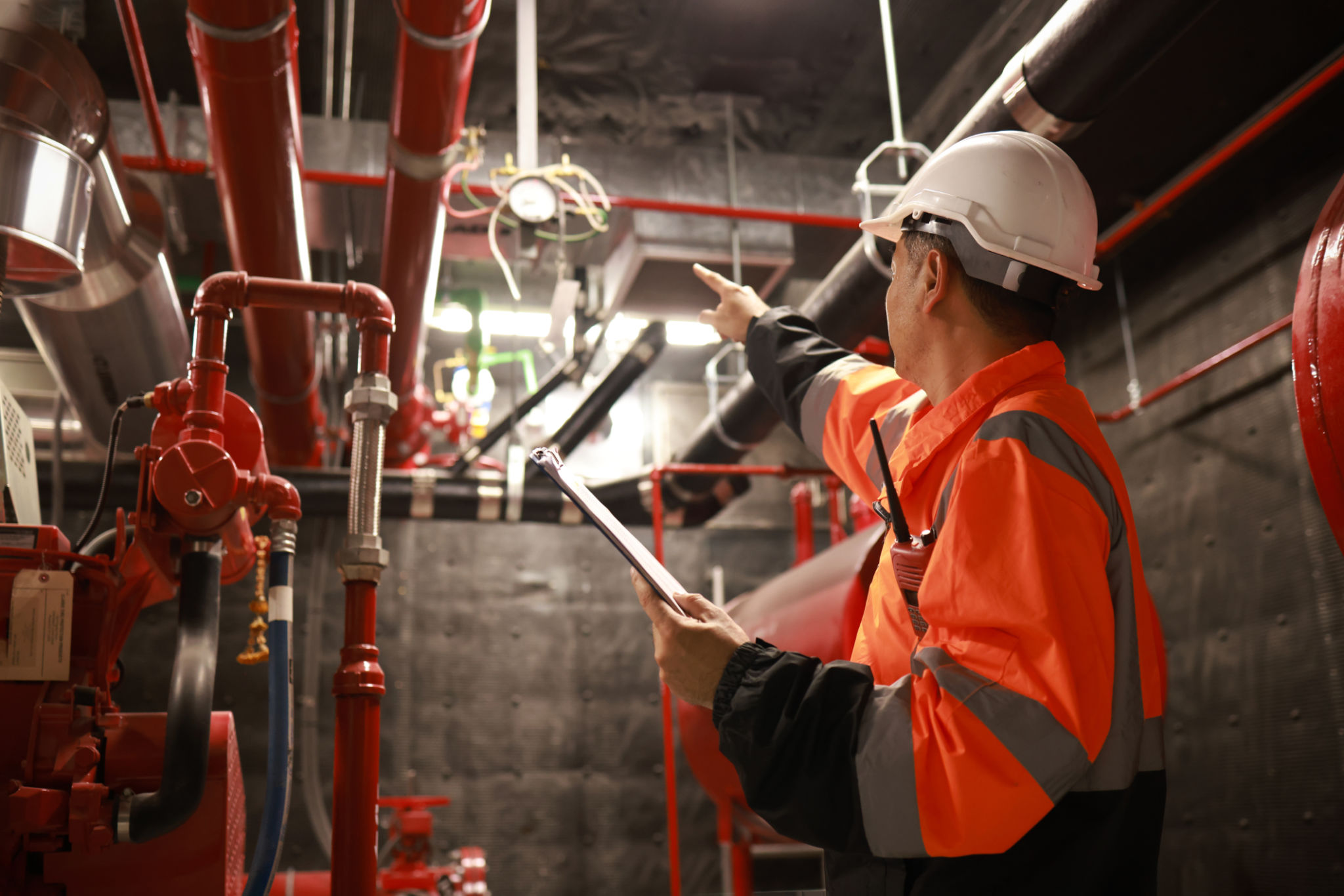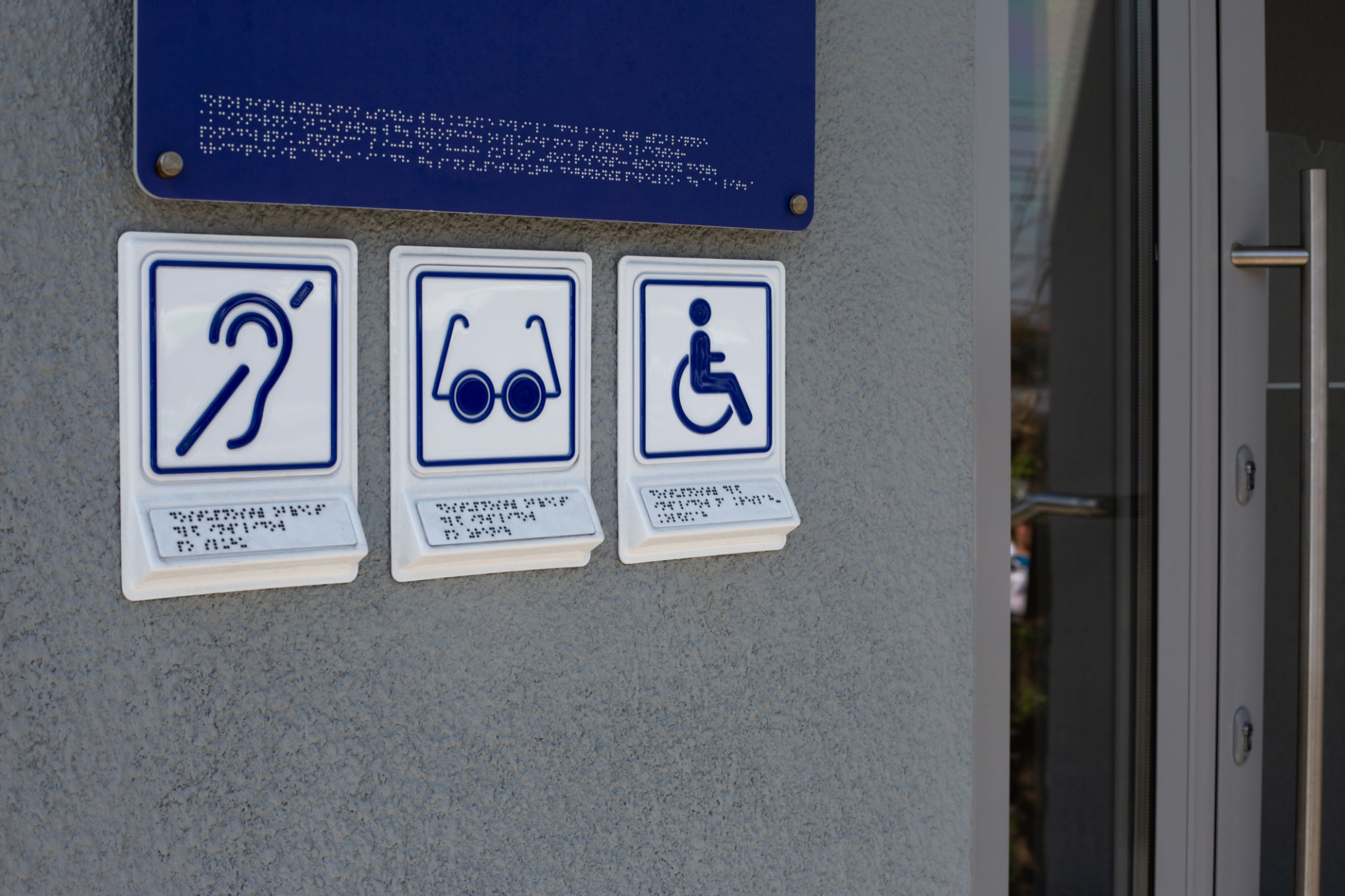Commercial Real Estate Maintenance: What You Need to Know About Local Regulations
Understanding Local Regulations in Commercial Real Estate Maintenance
Commercial real estate maintenance involves a myriad of responsibilities, from routine inspections to emergency repairs. However, one aspect that often complicates these tasks is navigating the local regulations that govern property upkeep. Understanding these regulations is crucial for property managers and owners to ensure compliance and avoid costly penalties.

The Importance of Compliance
Local regulations are established to maintain safety and aesthetic standards within a community. These rules can vary significantly from one jurisdiction to another, affecting everything from fire safety protocols to waste management practices. Non-compliance can result in fines, legal action, or property closure, making it essential for property managers to be familiar with these rules.
Fire Safety Regulations
One of the most critical areas of compliance in commercial real estate maintenance is fire safety. Local authorities often require regular inspections of fire alarms, sprinkler systems, and emergency exits. Property managers must maintain detailed records of these inspections and ensure that all fire safety equipment is in working order at all times.

Health and Safety Standards
Beyond fire safety, other health and safety standards must be met. This includes maintaining air quality, ensuring proper sanitation, and providing safe structural conditions. Regular inspections and timely repairs are essential practices to keep these standards in check. Property managers should also stay updated with any changes in health regulations that may affect their properties.
Accessibility Requirements
Accessibility is another regulated area that property managers need to address. The Americans with Disabilities Act (ADA) mandates that commercial properties provide adequate access for individuals with disabilities. This may involve installing ramps, elevators, or accessible restrooms where needed. Ensuring compliance with ADA standards not only avoids legal issues but also promotes inclusivity.

Environmental Regulations
Environmental sustainability is increasingly becoming a focal point in local regulations. Property managers may be required to implement eco-friendly practices such as reducing energy consumption, managing waste effectively, and using sustainable materials in construction and maintenance activities. Compliance with these regulations can also enhance the property’s appeal to environmentally conscious tenants.
Staying Informed and Prepared
To manage these diverse regulatory requirements effectively, property managers should establish a comprehensive compliance strategy. This includes staying informed about local laws, attending relevant workshops or seminars, and consulting with legal experts when necessary. Implementing a proactive approach to maintenance not only ensures compliance but also enhances the property's value and reputation.

The Role of Technology in Compliance
Technology can be an invaluable tool in maintaining compliance with local regulations. Various software solutions offer features like automated reminders for inspections, digital record-keeping, and real-time updates on regulatory changes. Leveraging such technologies can streamline processes and reduce the risk of oversight.
In conclusion, understanding and adhering to local regulations is a cornerstone of effective commercial real estate maintenance. By prioritizing compliance, property managers can safeguard their investments, protect tenants, and contribute positively to their communities.